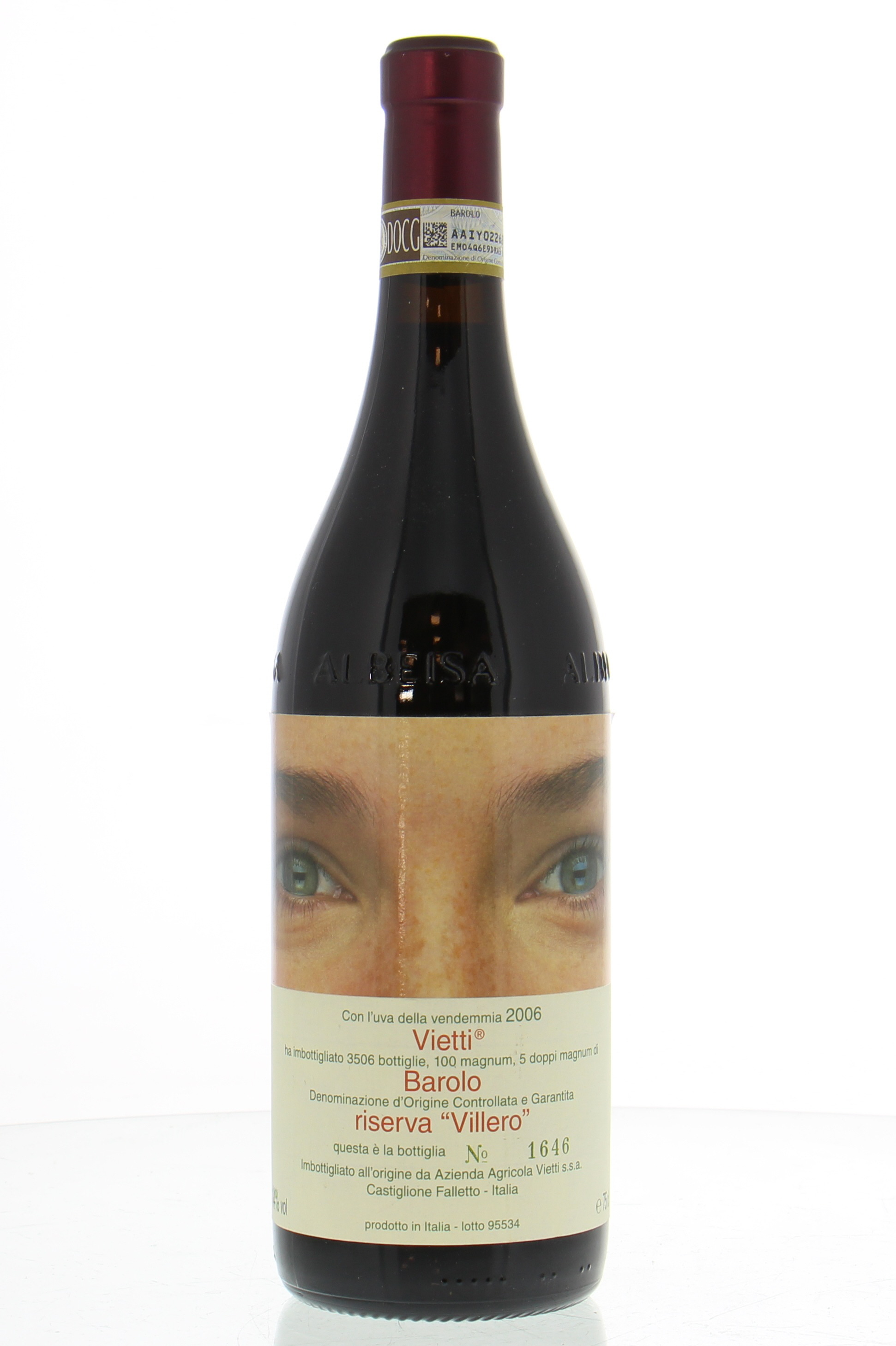

Those longer-term changes, whose effects would be observed only ten years later, were to constitute something like a second stage in the South African winemaking revolution. Other changes-such as finding the land best suited to particular varieties, improved viticultural practices, and working with better and cleaner plant material-would take longer. Some changes could come quickly-in the cellar, especially, and some aspects of vineyard management.


The local wine industry seized upon the few years of indulgence it was granted lessons were learned, and the pace of transformation was astonishing. Furthermore, tastes had changed in the larger world of wine, in ways many in South Africa were only coming to realize. Too many Cape wines were, for example, clearly made from stressed fruit off virused vineyards where the grapes struggled to ripen too many were overacidified, in accordance with the abstract dictates of the local university enology department, which encouraged safety above all oaking was not always carried out in a sophisticated manner-and there was some suspicion that the barrels themselves were not always of the highest quality. Meanwhile, the most important competitions took place when the buyers for supermarkets, national monopolies, and wine shops around the world made their choices. The objections of the better-known estates are based on their unjust reputations earned from wine writers who have been too kind to them."įortunately for South African wine, the estates continued to farm grapes rather than turn to broccoli and carrots. Winemaker André van Rensburg (whose Stellenzicht Syrah had beaten the famous Grange in the match against Australia) reacted trenchantly to this sulky refusal to face reality: "If a winemaker is scared of competing against Chile, he should stop making wine and grow vegetables. Another international competition that had been planned-against Argentina and Chile-never took place. Various industry bodies seem to have then put pressure on SAA, the national airline that had supported the competition, to abandon its three-year sponsorship. Producers were shaken, many disbelieving: something was undoubtedly wrong, but surely not their wines! One moment that can be seen as symbolic, as well as having had an actual salutary effect, came in 1995 when South Africa was trounced in a comprehensive wine competition against Australia, held in Cape Town with judges from both countries.

But many were slow, reluctant, or complacently ignorant of any problems, while international wine-lovers, still curious and generous about the "new" South Africa, were being indulgent. Marketers and makers of Cape wine saw and tasted what was selling in London, Amsterdam, and New York, and the alert among them might have realized a problem. Now, a figure shrunken from long years of isolation, South African wine blinked in the light, a little tentative but with more confidence than was justified-as was to be demonstrated, when the international wine market made it clear that it was going to demand more than just the reflected glow of Nelson Mandela in the background. Perhaps, though, an atavistic memory clung from the eighteenth and nineteenth centuries, when wines from Constantia were welcomed among the world's greatest. In 1994, in a hopeful time as a new democracy came to the land of apartheid, South African wine ventured out into the world-a world of which it was terribly ignorant, and which, in turn, had largely forgotten about it during years of boycott.


 0 kommentar(er)
0 kommentar(er)
